U.S. Treasury Secretary Janet Yellen told Chinese Premier Li Qiang on Sunday that the ability to have difficult conversations has put the two economic superpowers on “a more stable footing” over the past year while recognizing that major differences remain.
As they began a meeting in Beijing, Li responded that the two countries needed to respect each other and be partners, not adversaries, adding that “constructive progress” had been made during Yellen’s trip.
Yellen said Washington and Beijing had a “duty” to manage the complex relationship responsibly, as she presented her case for reining in China’s excess factory capacity to the Chinese leadership.
“While we have more to do, I believe that, over the past year, we have put our bilateral relationship on a more stable footing,” she said in the ornate Fujian room of the Great Hall of the People on the west side of Tiananmen Square.
“This has not meant ignoring our differences or avoiding tough conversations. It has meant understanding that we can only make progress if we directly and openly communicate with one another.”
Li, in remarks before the media meeting, said the high media interest in Yellen’s visit “shows the high expectation they have … and also the expectation and hope to grow” the U.S.-China relationship.
At their talks, Li told Yellen that China hopes the U.S. won’t politicize economic and trade issues or overstretch the definition of national security, the official Xinhua News Agency said.
Yellen “raised issues of concern, including industrial overcapacity in China and the impact that could have on American workers and firms,” according to a U.S. Treasury readout.
Yellen has made the threat of China’s excess production of electric vehicles (EVs), solar panels and other clean energy products to producers in the U.S. and other countries a focus of her second visit to China in nine months.
She visited Beijing in July 2023 to try to normalize bilateral economic relations after a period of heightened tension caused by differences over issues ranging from Taiwan to COVID-19’s origins and trade disputes.
In a further sign of the ties stabilizing, U.S. President Joe Biden and Chinese President Xi Jinping sought to manage tensions over the South China Sea in a nearly two-hour call on Tuesday, their first direct talks since a summit in November.
U.S. and Chinese military officials met their Chinese counterparts last week for a series of rare meetings in Hawaii focused on operational safety and professionalism.
Balanced growth
On Saturday, in Guangzhou, the southern export hub, Yellen and her main economic counterpart, Vice Premier He Lifeng, agreed to launch a dialogue focused on “balanced growth.”
Yellen said she intends to use the forum to advocate for a level playing field with China to protect U.S. workers and businesses.
“As the world’s two largest economies, we have a duty to our own countries and the world to manage our complex relationship responsibly and to cooperate and show leadership in addressing pressing global challenges,” Yellen told Li.
The Economist Intelligence Unit forecasts China’s battery manufacturing capacity will outpace demand by a factor of four by 2027 as its EV industry grows.
Beijing’s support for battery-powered rides has helped homegrown champions such as BYD and Geely grab a share of the world’s biggest car market and turn China into the world’s largest auto exporter.
However, rapid growth has also meant China has created excess manufacturing capacity that could be between 5 million and 10 million EVs per year, according to the Automobility consultancy.
Still, far from curbing investment in manufacturing, China has doubled down on Xi’s new mantra of unleashing “new productive forces” by investing in cutting-edge technology, including EVs, commercial spaceflight and life sciences – areas where many U.S. firms hold advantages.
Throughout her visit, Chinese state media have pushed back against Yellen’s message on excess capacity.
State news agency Xinhua said on Saturday that talking up “Chinese overcapacity” in the clean energy sector created a pretext for protectionist policies to shield American companies.
Suppressing China’s EV-related industries will not help the U.S. grow its own, Xinhua said, expressing hope that more headway could be made during Yellen’s visit to break down barriers hindering mutually beneficial cooperation.
Fragile stability
Relations were at a low point when Yellen visited in July in the early stages of efforts to improve ties.
China had cut off talks on a range of issues in anger over a visit by then-U.S. House Speaker Nancy Pelosi to Taiwan in 2022. Tensions were further inflamed by a Chinese balloon that traversed America in early 2023 before being shot down by a U.S. fighter jet.
In that context, Yellen’s visit is an attempt to strengthen the fragile stability that has been established.
The end of her trip will overlap with a visit by Russian Foreign Minister Sergey Lavrov on Monday and Tuesday, announced by China’s Foreign Ministry on Sunday.
China’s sharp rise in trade with the Kremlin has increased since Russia’s invasion of Ukraine in February 2022. While China does not provide weapons to Russia, the U.S. has expressed concern about China’s sale of items to Russia that can have military as well as civilian uses.
During a news conference on Saturday, Yellen addressed the U.S. relationship with China on the subject of Russia.
“We think there’s more to do, but I do see it as an area where we’ve agreed to cooperate and we’ve already seen some meaningful progress,” she said. “They understand how serious an issue this is to us.”
Yellen also met Sunday with Beijing Mayor Yin Yong and attended an event with students and professors at the elite Peking University.
She told Yin that “local governments play a critical (economic) role, from boosting consumption to addressing overinvestment,” adding that Beijing is particularly important in China.
“I believe that to understand China’s economy and its economic future, engagement with local government is essential,” Yellen said.

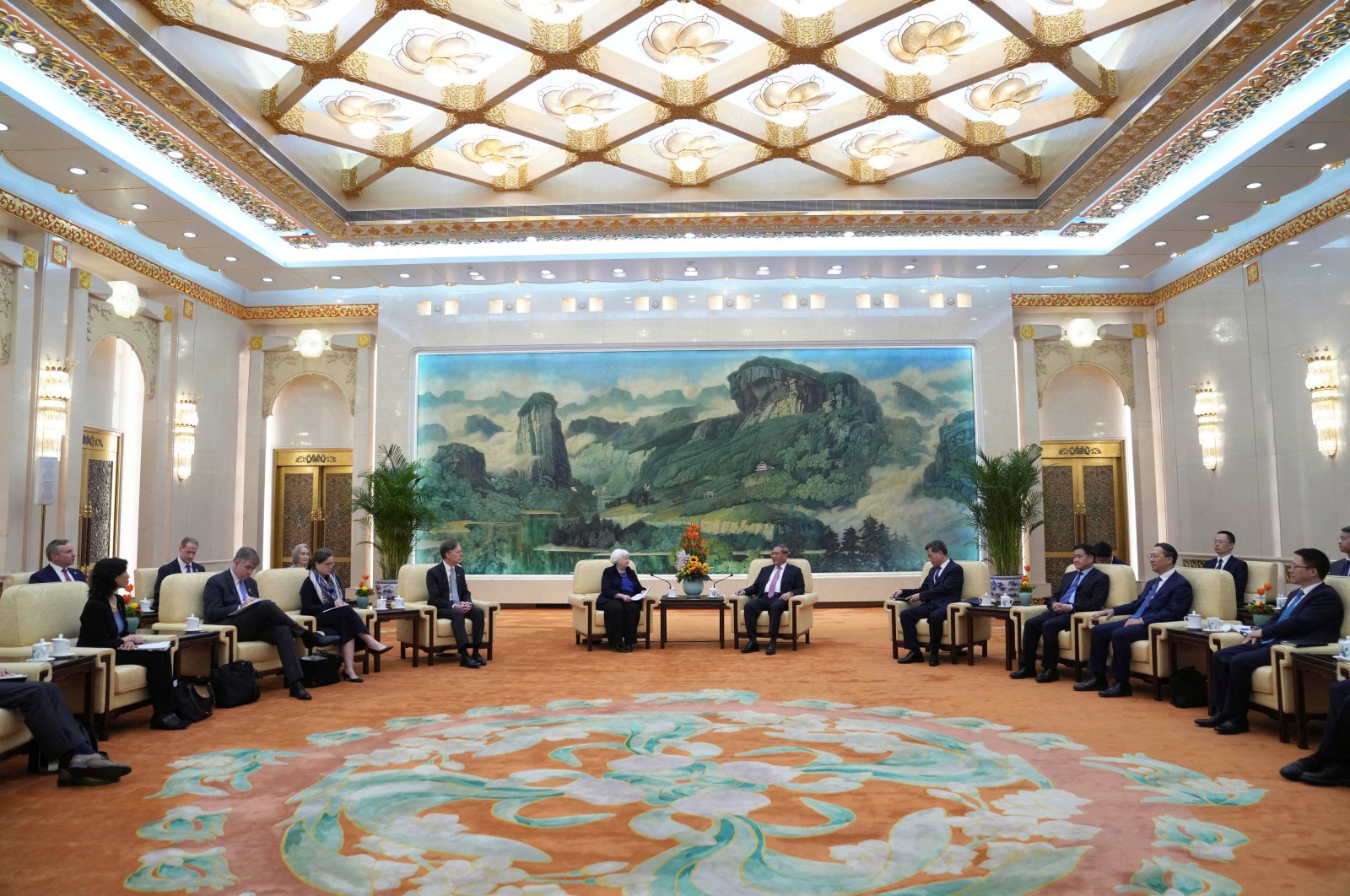
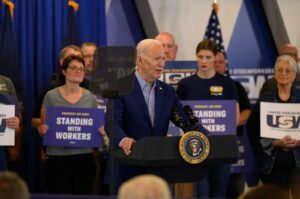

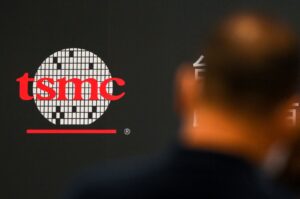


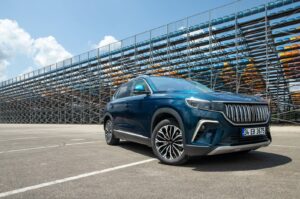

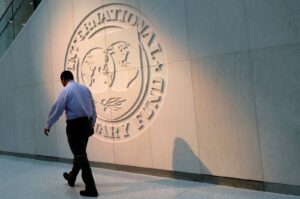
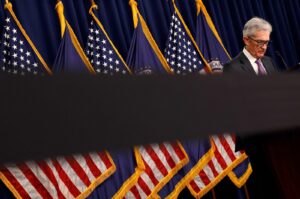

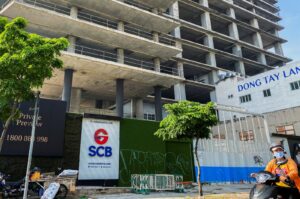
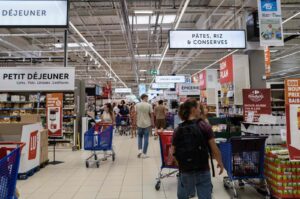
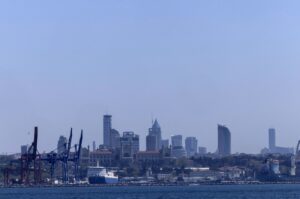


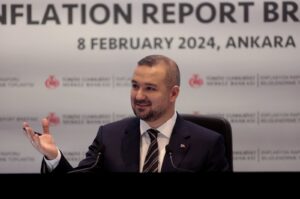



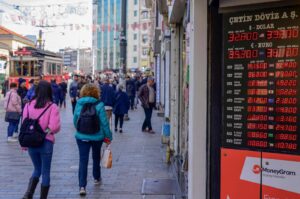
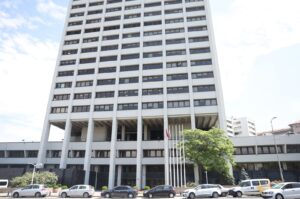
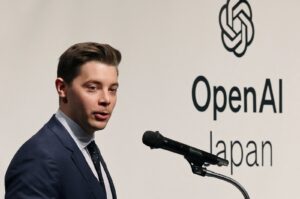


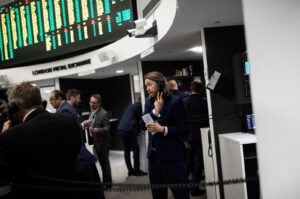
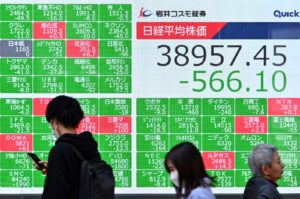
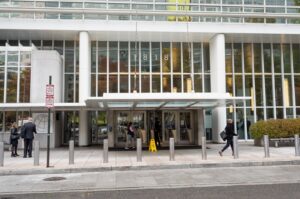


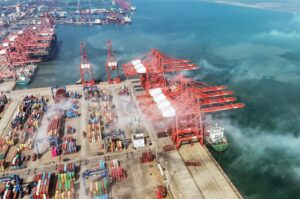

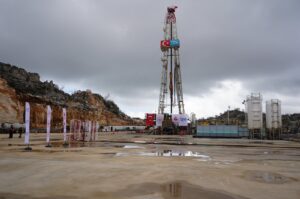

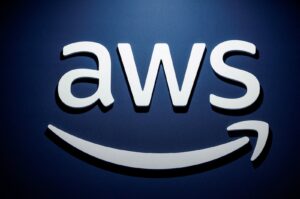
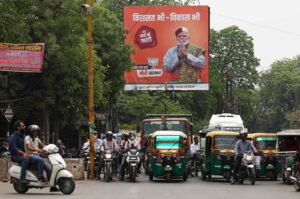
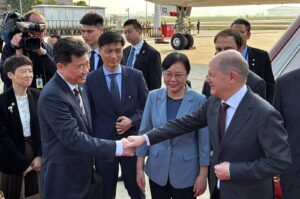


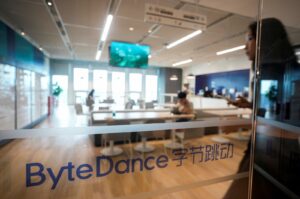


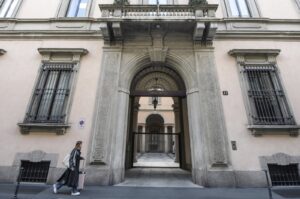


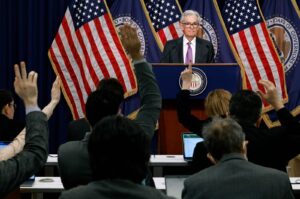



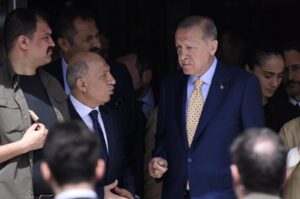
Be First to Comment